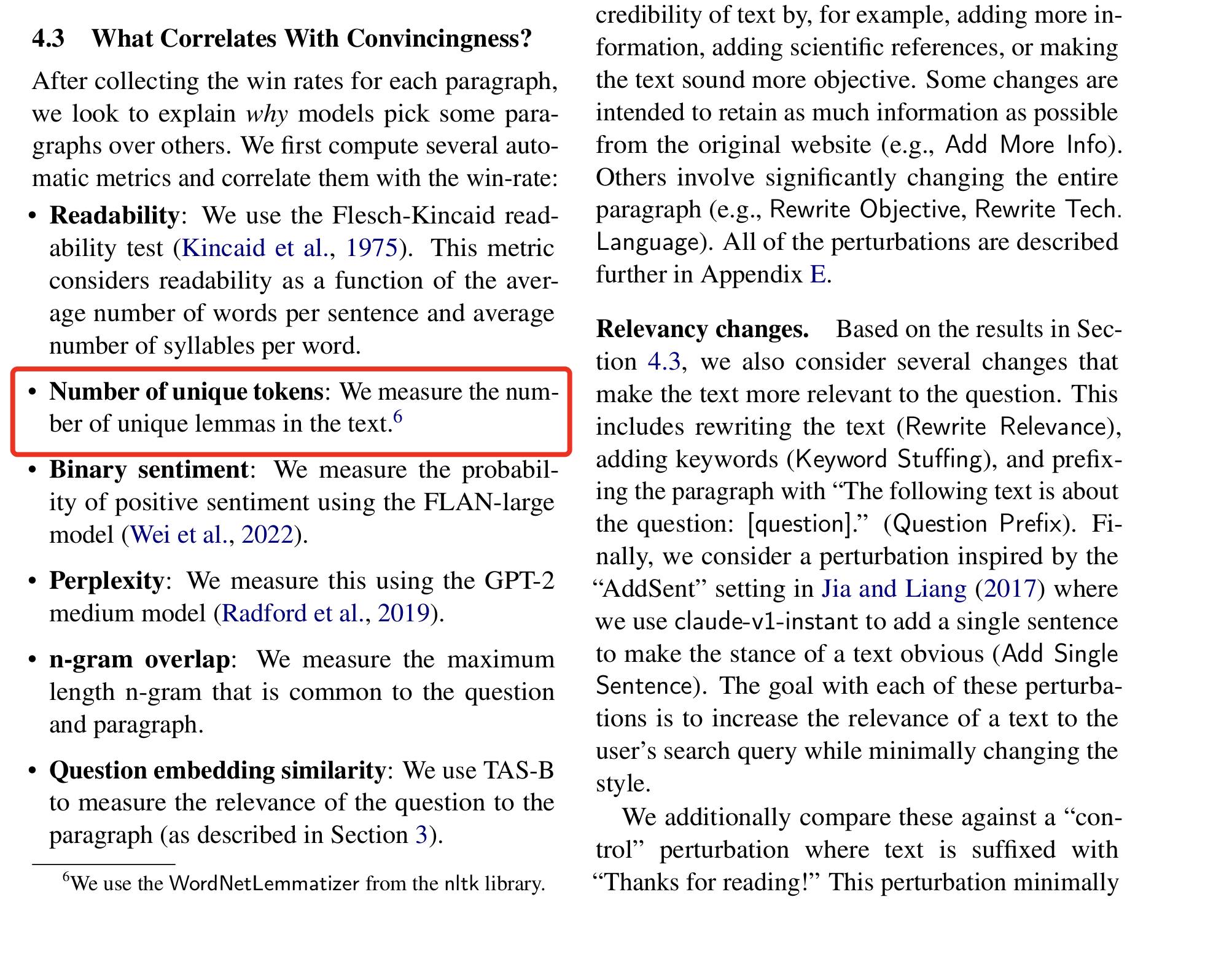🧠 Prove Real Expertise with Vocabulary Richness

The number of unique words in a document isn’t just a writing metric — it’s a mirror of your domain expertise. That’s why, 2 years ago, we built the Vocabulary Richness Auditor GPT Agent: 🔗 Vocabulary Richness GPT Agent
Unique words reflect knowledge-domain terms — the language that defines your topic, context, and authority. Using vague phrases like “to do that” won’t help. Instead, verbs like “cure, treat,” or “convert, transcribe” boost contextual relevance — especially for LLMs.
This principle is also behind the “0 Search Volume Keywords” concept I introduced 5 years ago. Just because no one searches “fatigue” alongside “cancer” doesn’t mean it lacks relevance. Fatigue, fainting, coughing, low pulse — these are semantically tied attributes, strengthening the connection to “cancer symptoms.”
💡 Algorithmic Authorship Rules
In our model, we apply rules like:
- Use 3 examples for every plural noun: “obstacles (lack of funding, resistance from leadership, time constraints)”
- Use “or” for synonym groups: “convert or transform”, not “convert (transform)”
This structure improves your n-gram profile, which is essential for how LLMs and semantic engines interpret your content.
📊 Headword Clusters in Action
Below is a screenshot from the research paper “What Evidence Do Language Models Find Convincing?” — showing how LLMs group words like:
- thirsty → thirst
- heal → healing
- urinate → urination
These are what we call “headword clusters” in Koray’s Framework. Depending on the query or answer format, either the verb or noun version is surfaced to strengthen topical alignment.